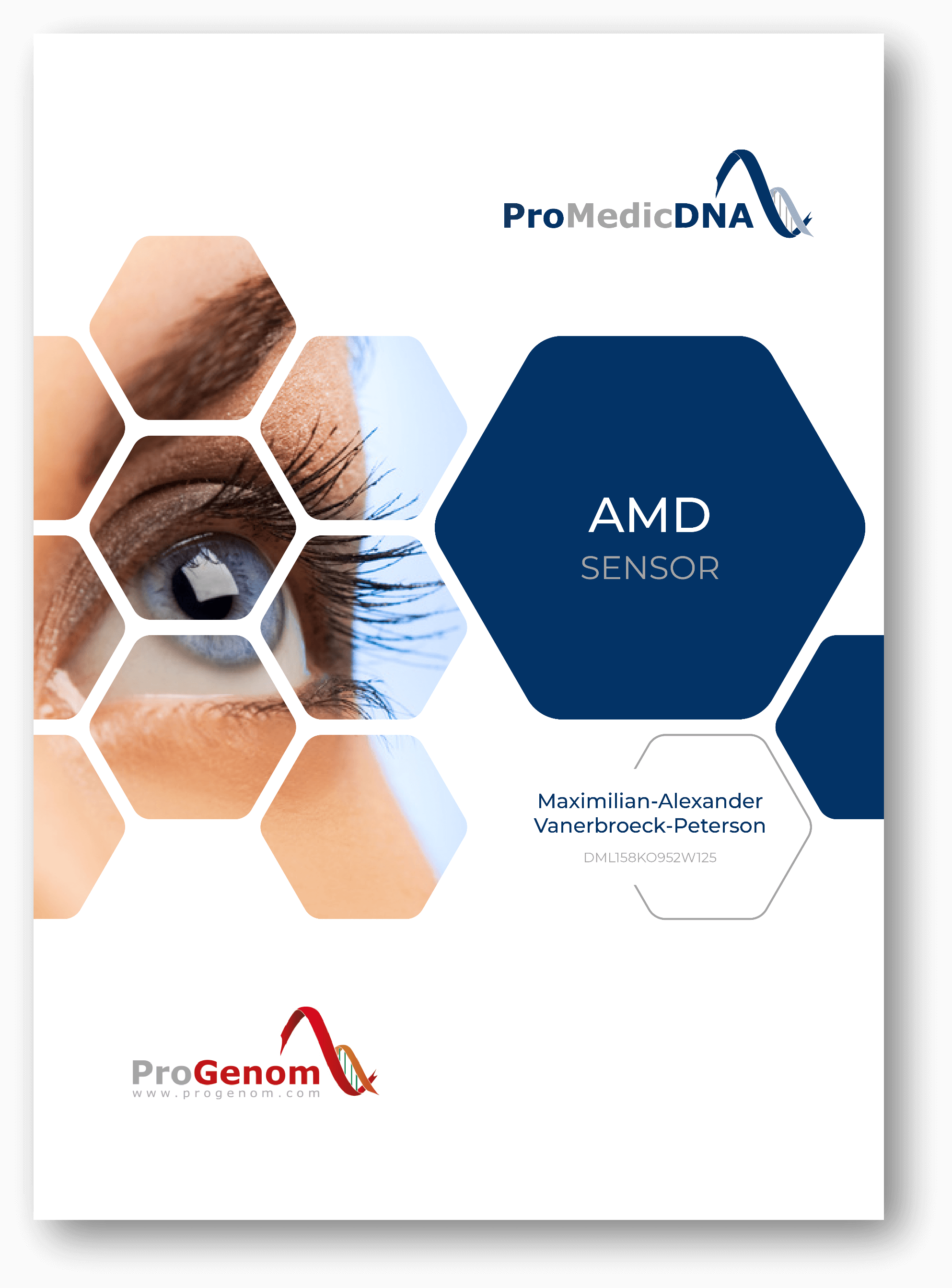Depression – More Than Just Mood Swings
Depression is one of the most common mental illnesses. It is estimated that around 5% of the German population (about four million people) suffer from depression and its associated variety of symptoms. Women are almost twice as likely to be affected as men. Depressive episodes can occur at any age, but are most common between the ages of 30 and 40. Recent studies show that more and more patients under the age of 30 are being diagnosed for the first time.
Possible signs of depression include a persistently low mood, hopelessness, reduced drive, loss of interest, and symptoms ranging from insomnia to appetite disturbances to pain conditions. Unlike normal grief or sadness, depression can last for years in a disproportionate severity and drastically impact quality of life. Many sufferers eventually have suicidal thoughts.
Causes of Depression
A combination of countless factors can contribute to the development of depression. For example, serious life events or even pregnancy can trigger psychological issues. Unfortunately, many affected individuals do not seek medical help due to ignorance, denial, or shame. Depression can also be misdiagnosed due to its wide range of symptoms. However, after a correct diagnosis, over 80% of patients are successfully treated today.
Additionally, certain genes significantly influence our individual risk of developing depression. A genetic test analyzes such genetic variations associated with depression and can help prevent the onset of depression early through a tailored lifestyle and relaxation techniques.
How Does Our Depression Sensor Work?
With our Depression Sensor, our laboratory analyzes the submitted sample for eight gene variations linked to depression.
The results indicate how likely it is for you to develop depression and whether your body will respond to antidepressant therapy.
We summarize the analysis results in a detailed written report that assesses your individual risk and suggests sensible preventive measures.
In this way, our Depression Sensor can detect the risk of developing depression early and help combat mental health problems with appropriate measures.
Depression Sensor Overview
- Analysis of 8 gene variations relevant to depression
- Assessment of individual risk for depression
- Effectiveness testing of 59 common medications
- Reliable & ISO-certified testing in our laboratory
- Comprehensive evaluation of analysis results
- Individual recommendations to combat mental health issues



























